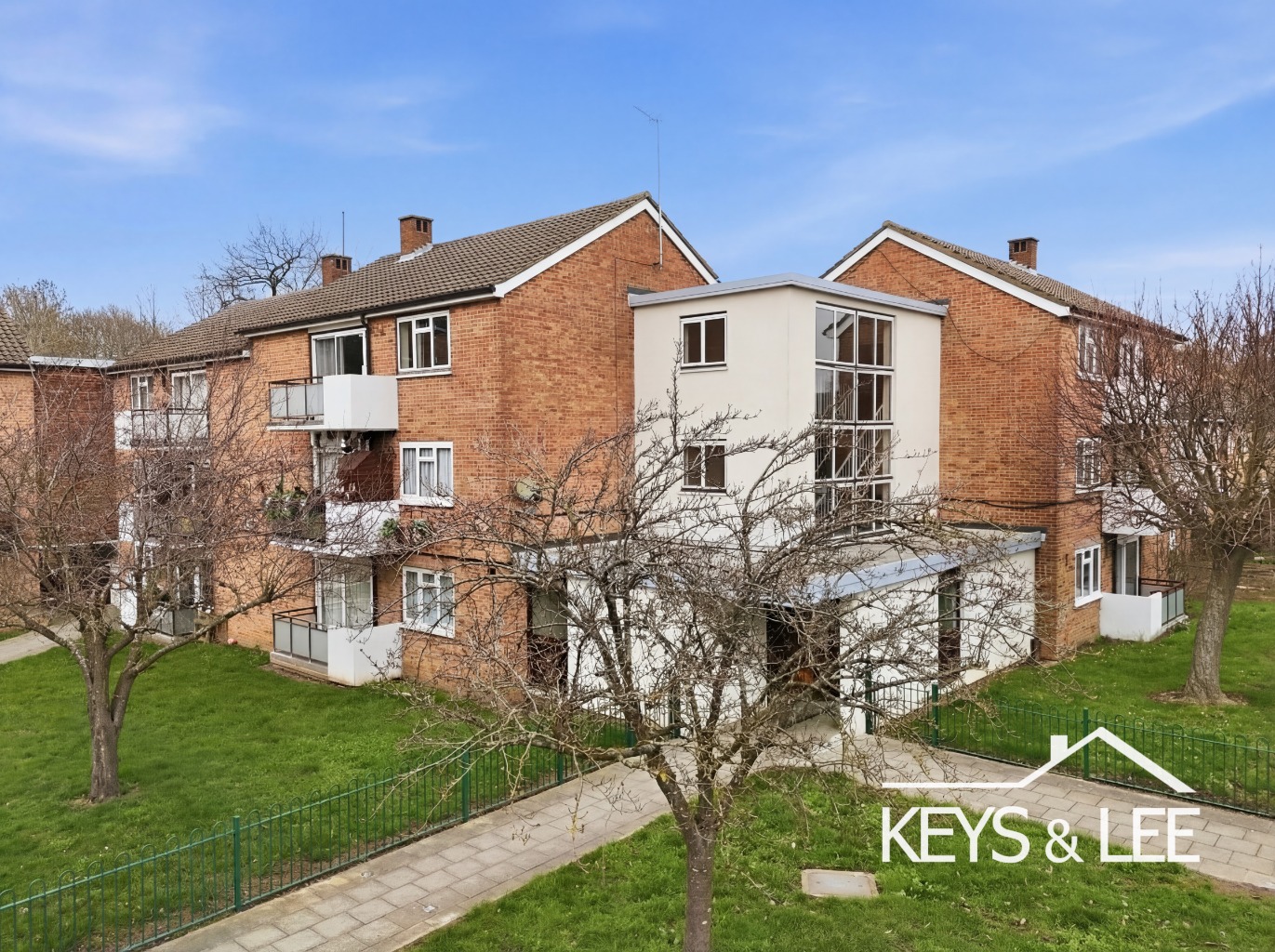When a parent or grandparent helps a loved one buy their first home, it is classed as a “gifted deposit”. This means the money is given freely, with no expectation of repayment or ownership share in the property. The key is to make sure the lender and solicitor can verify that the gift is genuine.
Who can give a gift
Most lenders accept gifted deposits from close family members such as parents or grandparents. Gifts from friends or more distant relatives are sometimes accepted, but may trigger extra checks or even be declined depending on the lender’s criteria.
What documents are required
The process usually involves a few simple but important steps. The donor will be asked to sign a “gift letter” or “gifted deposit declaration” confirming:
- The money is a gift and will not be repaid
- The donor will have no legal or financial interest in the property
- The relationship between the donor and the buyer
The lender and conveyancer will also need:
- Photo ID and proof of address for the donor
- Proof of where the funds came from, such as bank statements or evidence of savings
These checks are part of anti-money laundering regulations and apply to every purchase involving a gifted deposit.
The process step by step
Once the gift has been agreed, the buyer’s mortgage adviser should be informed so that the lender can confirm their requirements. The donor’s details and documentation are supplied to the lender and conveyancer early in the process to prevent delays. Funds are usually transferred directly to the buyer’s solicitor or into the buyer’s account before completion, with a clear record of the source.
Tax and inheritance considerations
Gifted deposits are not usually subject to income tax, but there may be inheritance tax implications if the donor passes away within seven years of giving the money and their estate exceeds certain limits. It is sensible for donors to take advice or ensure their financial position will not be affected by the gift.
Protecting your gifted money
If you are gifting your child a deposit and they are purchasing a property with their partner or friends, you can safeguard the gift in case of a separation with a declaration of trust or deed of trust. This legal document confirms that the money was given solely to your child and not to their partner or friends. If the couple or group separates or the property is sold, your child’s contribution is protected.
Why the checks matter
The lender’s main concern is to confirm that the buyer is not taking on hidden debt. If the donor expects repayment, the funds count as a loan rather than a gift, which can affect the mortgage offer or cause delays during conveyancing. Clear documentation avoids problems later in the process.
Key points to remember
- Always tell your mortgage adviser and solicitor if part of the deposit is a gift
- The donor must be open about the source of funds and provide proof
- Both donor and buyer should keep records of transfers and correspondence
- Each lender has slightly different requirements, so it is best to check early
Gifting money towards a home purchase can be a generous and meaningful way to help a loved one. With the correct paperwork and transparency, the process is straightforward and can make all the difference in helping first-time buyers get on the property ladder.
Make sure you follow Keys & Lee on
Instagram,
Facebook and
YouTube for regular content and information for homebuyers and sellers in Romford.
07969 638349
duncan.kaye@keysandlee.co.uk
Duncan has been selling homes in Romford for 23 years and helped thousands of people, couples and families move to a new home.
Having sold family homes, probate properties, off market homes and high value exclusive estates, Duncan will be able to work with you to achieve an outcome that suits your specific needs.






